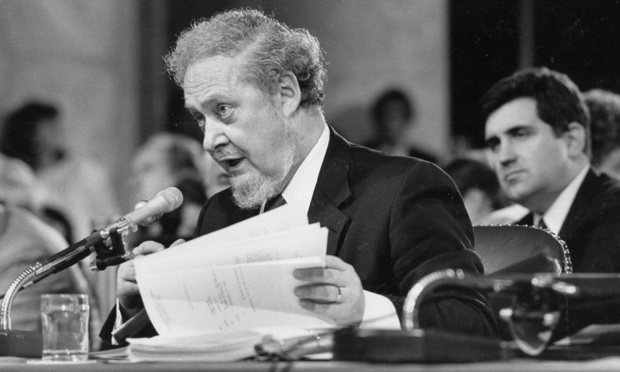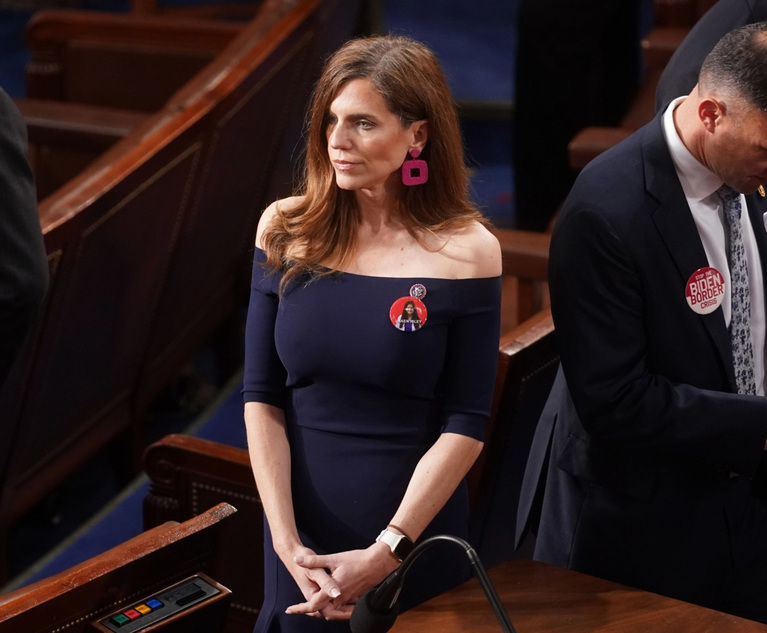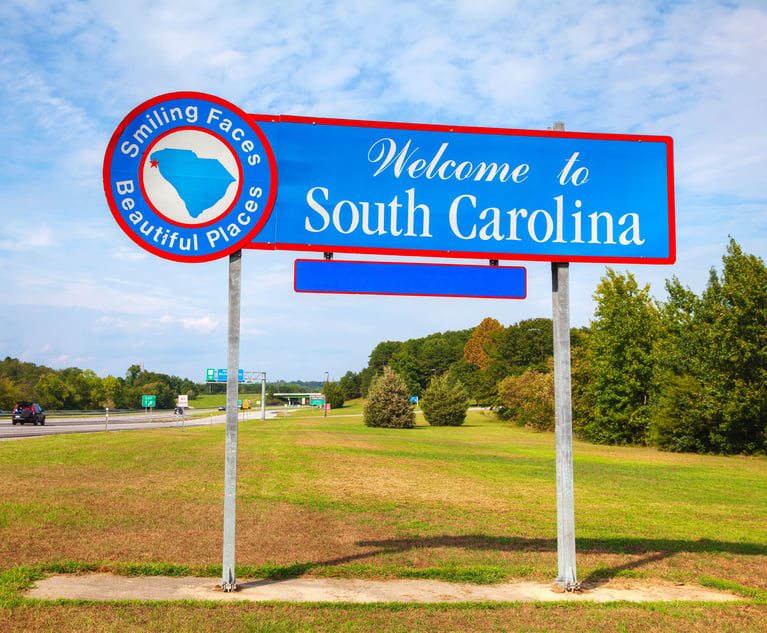U.S. Supreme Court nominee Brett Kavanaugh’s unprecedented use of the news media—appearing on television and writing an op-ed—could open a door for future nominees to campaign on their own behalf across multimedia platforms for a seat on the nation’s highest court.
Kavanaugh on Sept. 25 appeared with his wife on Fox television to defend himself against a sexual assault accusation by Christine Blasey Ford, a research psychologist in California. On Thursday night, just hours before a crucial Senate vote on his nomination, Kavanaugh penned an op-ed article at The Wall Street Journal in an attempt to reassure Americans he would be a neutral justice despite his sharply partisan tirade against Senate Democrats and the “left” during a hearing on the accusation.
In both instances, the Republican nominee turned to media closely associated with a conservative editorial viewpoint and sought the widest possible distribution of his views in a strategic effort to boost his nomination.
“We’re living in a world where you increasingly have to run for the Supreme Court,” said Yale Law School’s Akhil Amar, who testified in favor of Kavanaugh’s confirmation. “I think we should expect to see more of that. I think this is the wave of the future.”
The concern with “election” of Supreme Court nominees emerged most dramatically during the 1987 confirmation hearings for Ronald Reagan nominee Robert Bork. The Bork hearings, many court scholars and others believe, marked the true beginning of the highly politicized Senate confirmation process. Bork gave some press interviews before his hearing—pencil-and-pad meetings with the press, not television.
Bork’s televised hearings and the intense efforts by special interest groups who spent millions of dollars on campaign-style ads pulled the public into the confirmation process in ways and to a degree never before experienced. From water coolers to dinner tables, the public debated everything from whether a right to privacy existed to the strangeness of Bork’s beard.
At one point during those hearings, Lloyd Cutler, a former Democratic White House counsel who testified for Bork, said: “We’re getting perilously close to electing a Supreme Court justice.”
 Robert Bork, appearing at his confirmation hearing in 1987. (Photo: Sue Moniak)
Robert Bork, appearing at his confirmation hearing in 1987. (Photo: Sue Moniak)
Since the Bork nomination and defeat, the White House has learned about image-making and what to do with image-making when the image “doesn’t go your way,” said political scientist Richard Davis of Brigham Young University and author of “Electing Justice and Supreme Democracy.” “That’s what we’re seeing with Kavanaugh in an unprecedented way.”
In the 1991 embattled nomination of Clarence Thomas, Davis said, the White House did not do “the full court press.” But with Kavanaugh, he added, the tactics changed to make sure there is an appeal to the public.
“What’s interesting, too—and I don’t know how likely this will be in the future—we’re also seeing that President Trump and Republicans know this [nomination] is a base motivator and that is something I’ve not seen quite as explicit before,” Davis said.
The Thomas nomination was a base motivator for his opposition and resulted in the so-called Year of the Woman at the election polls, Davis added. This time, the White House’s own nomination is being used to motivate its own base.
Over the years, Supreme Court justices appeared to time their retirements, when possible, to avoid election years, said Davis. But he wonders now if the choice will be for election years in order to have the kind of political impact being seen now.
“I think we’re having some potential models for the future that really worry me,” Davis said. “A nominee campaigned for himself instead of allowing others to do that and sort of nakedly putting himself forward to get support from the public and wrapping that up in partisan base activation. These are all going in the wrong direction.”
Read more:
Kavanaugh Didn’t Help Dispel Image of Justices as ‘Junior Varsity Politicians’
Brett Kavanaugh Walks Back His Angry Senate Testimony
Appellate Lawyers Who Backed Kavanaugh Say He’s Still Their Man
Clarence Thomas Accuser Urges Alaska’s Murkowski to Vote Against Kavanaugh
NOT FOR REPRINT
© 2024 ALM Global, LLC, All Rights Reserved. Request academic re-use from www.copyright.com. All other uses, submit a request to [email protected]. For more information visit Asset & Logo Licensing.








